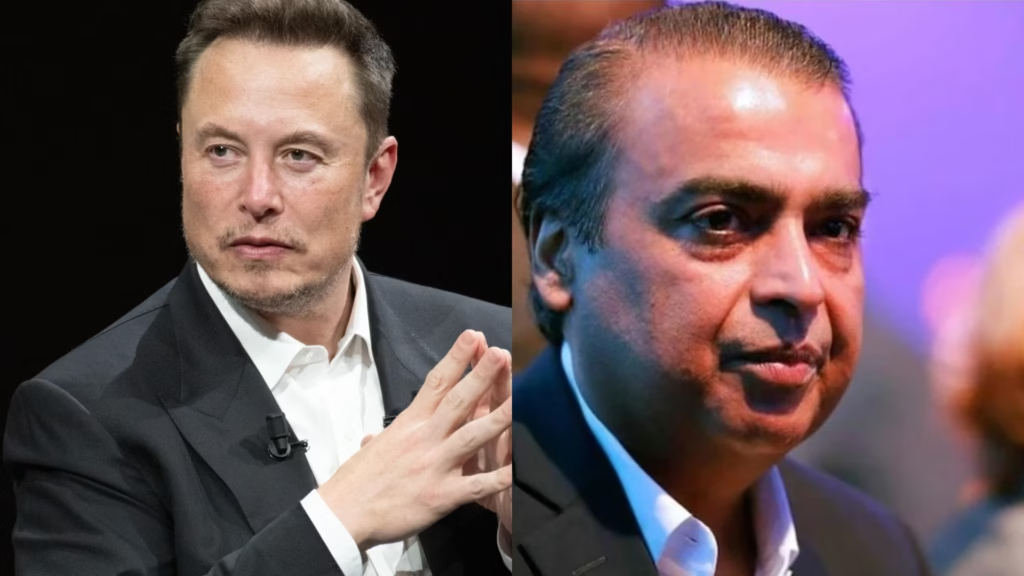How Starlink, Jio & Airtel Aim to Bridge India’s Rural Digital Divide with Satellite Internet

India wants to become the world’s third-largest economy, but there’s a big challenge holding it back: 600 million Indians still don’t have reliable internet access, especially in rural areas.
Even though there are over 900 million internet users and big telecom companies like Jio and Airtel have built large networks, only 47% of the population has proper internet. This lack of access affects education, healthcare, jobs, and overall development—widening the gap between cities and villages.
🚀 Starlink’s Satellite Internet: A Game-Changer
To help solve this problem, Elon Musk’s Starlink is partnering with Jio and Airtel to deliver satellite internet across India, including its remotest regions.
✅ What Makes Starlink Different?
Traditional internet needs cables or towers.
Starlink uses Low Earth Orbit (LEO) satellites to send internet signals from space.
No cables. No towers. Just fast, reliable internet — anywhere.
Thanks to SpaceX’s reusable rockets and in-house satellite manufacturing, Starlink has lowered costs, making this tech possible at a large scale.
Want to learn more about LEO satellite
📌 Why This Matters for India’s Future
If this partnership succeeds, the impact could be massive:
🎓 Better Education
Students in remote villages can finally attend online classes, access digital learning tools, and reduce dropout rates.
🏥 Smarter Healthcare
Telemedicine will connect rural patients to doctors via video calls, making healthcare more accessible.
🛒 Boost for Rural E-Commerce
Farmers and small businesses can reach online markets, increasing income and local economic activity.
💼 More Jobs and Opportunities
New digital services will create jobs, skill development, and entrepreneurship in places previously left out.
Read more on how Digital India is changing rural lives.
⚠️ The Roadblocks Ahead
While the vision is big, there are a few key challenges:
💰 High setup costs — Starlink devices cost ₹30,000–₹40,000 upfront + ₹4,000/month.
📜 Regulatory approvals are still pending from the Indian government.
🛰️ Data localization laws may require Starlink to store data within India, increasing infrastructure needs.
Without tackling these issues, rural adoption might stay limited.
🔮 What This Could Mean for India
Starlink, Jio, and Airtel together could connect millions who’ve never been online. That means:
Digital literacy in every corner of the country
More inclusive GDP growth
Opportunities beyond just the cities
It’s more than just an internet service. It’s a potential digital revolution that can empower rural India.
📝 Final Thoughts
This collaboration between global tech and local telecom giants could reshape India’s digital map. If challenges are overcome, it could bring education, healthcare, jobs, and e-commerce to those who need it the most.
The future is not just urban. It’s connected, inclusive, and rural too.
this blog is the summary of given below youtube video if want more information you can watch it :

Great information!